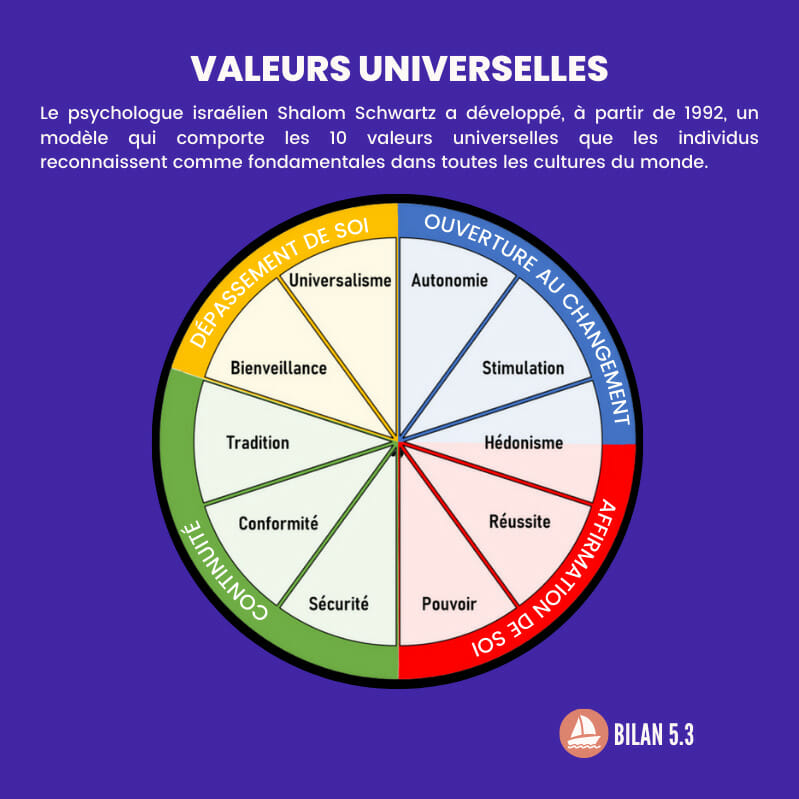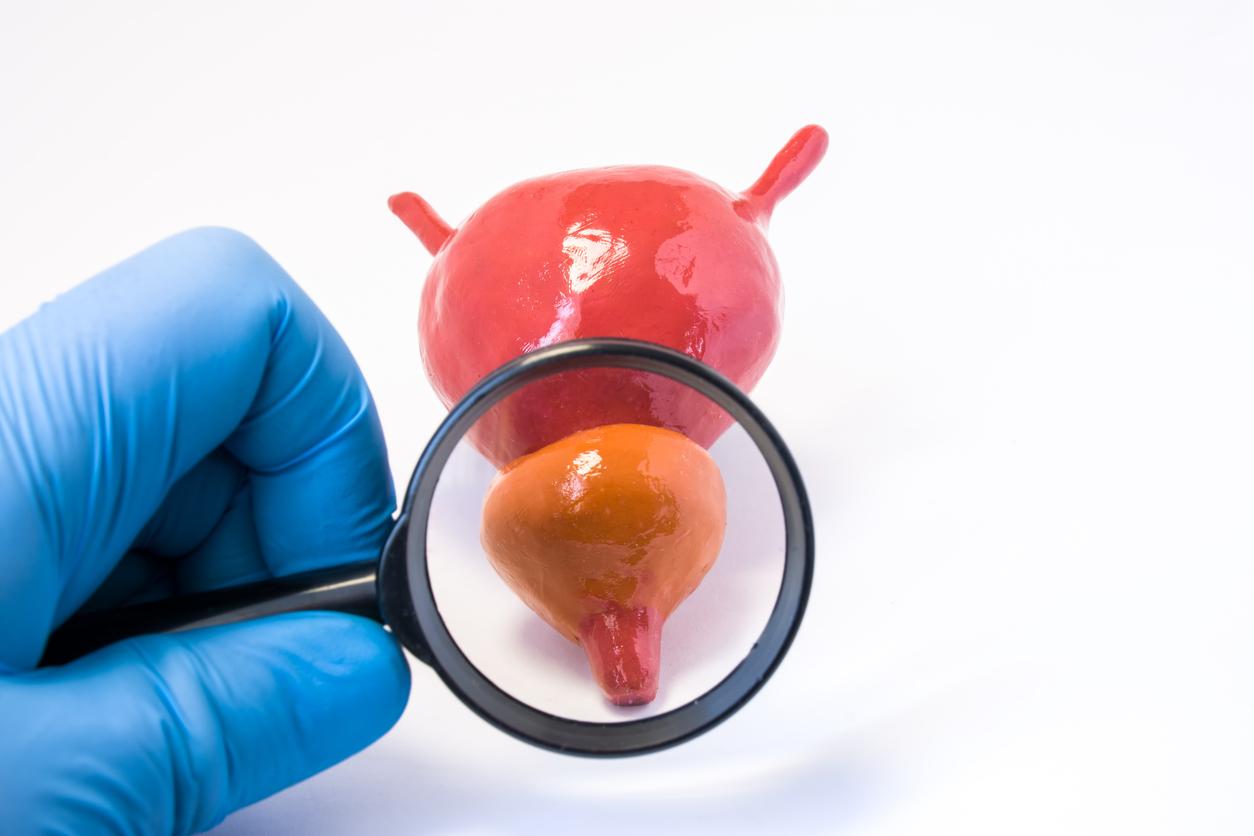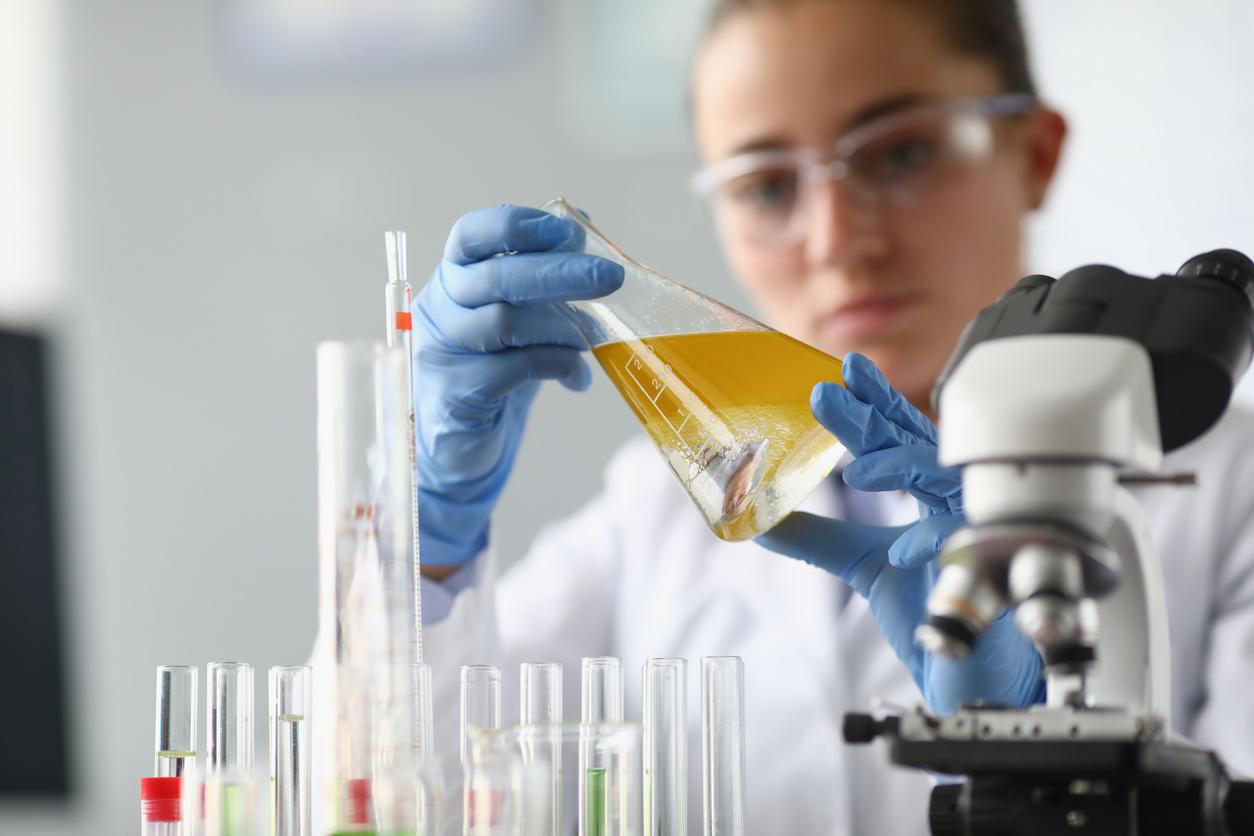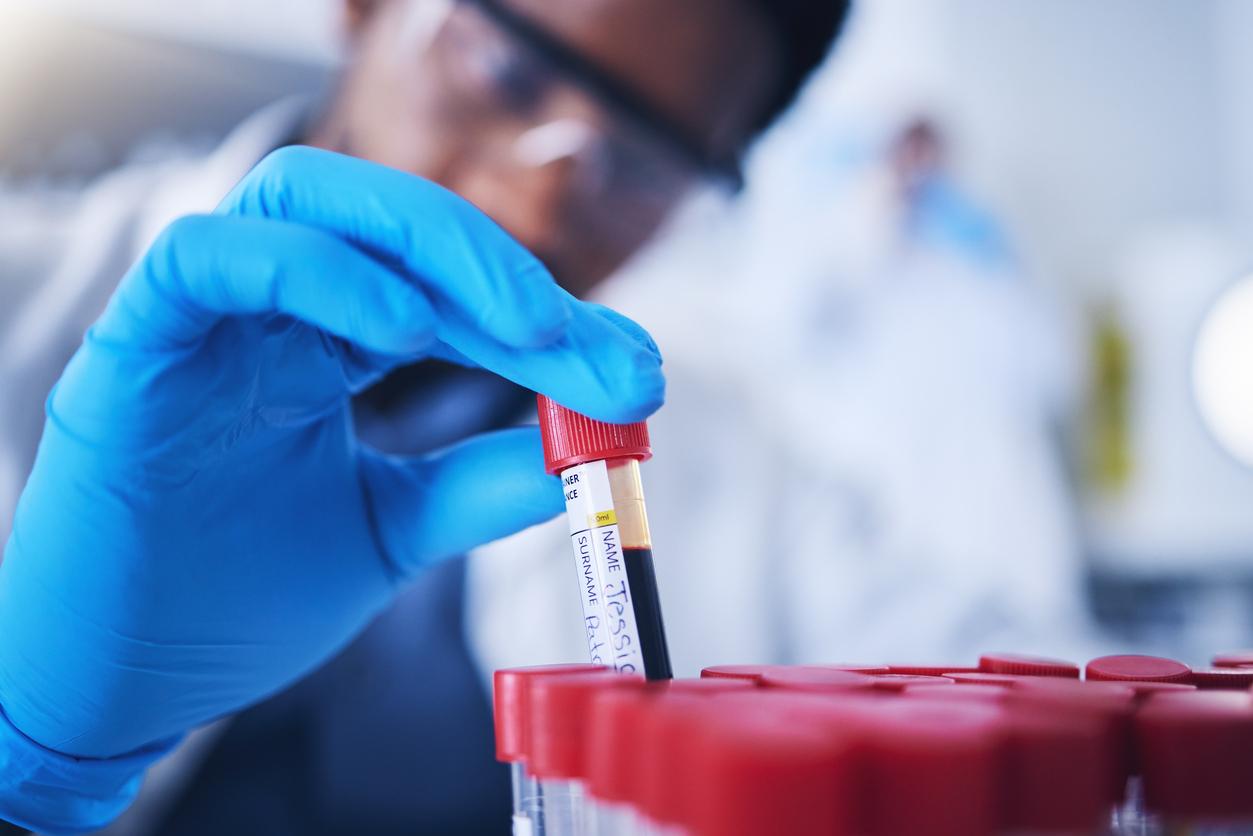According to a study presented at the European Society for Medical Oncology (ESMO) Congress currently taking place in Barcelona, more and more patients with advanced lung cancer may soon be offered a blood test allowing them to to choose the most suitable treatment.
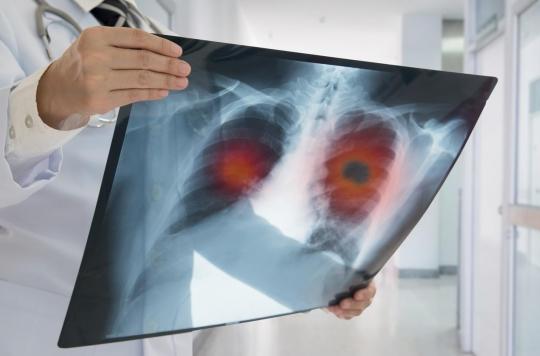
Cancer is a leading cause of death worldwide. In 2015, it caused 8.8 million deaths according to the WHO. Among the most common cancers are lung cancer, breast cancer in women and colorectal cancer. The first is also the deadliest: it is said to have caused the death of 1.69 million people in 2015. But fortunately, research is advancing rapidly to improve the treatment of this affliction. According to results presented at the Congress of the European Society for Medical Oncology (ESMO) which is being held in Barcelona (Spain) from September 27 to October 1, more and more patients with advanced lung cancer may soon be offered a blood test allowing them to choose the most suitable treatment for their their illness. Using a technique that detects tiny bits of tumor DNA released from cancer cells in the blood, this test can identify complex mutations in patients with non-small cell lung cancer (NSCLC). This is the main form of lung cancer (80 to 85% of cases).
Identifying mutations allows treatment to be adapted
During the final phase of the BFAST study, researchers followed 2,219 patients with untreated stage IIIB/IV NSCLC for an average of 12.6 months. These people underwent blood tests using state-of-the-art technology to check for the presence of multiple driver genetic mutations. Results: Approximately 1 in 20 had a tumor DNA rearrangement in the ALK gene. Once the mutations were identified and the appropriate treatment chosen, more than three-quarters of patients treated with alectinib, a cancer treatment that targets the ALK mutation, showed no signs of disease progression over the following 12 months.
“One of the biggest recent changes in the treatment of NSCLC has been our ability to identify targeted genetic mutations that drive disease progression, but obtaining a suitable tumor sample for analysis is very difficult. that liquid biopsy could be used to detect a complex type of driver mutation, called ALK, in patients with NSCLC, who then responded at least as well to targeted therapy as in previous studies using techniques of conventional biopsies”, welcomes Dr. Shirish Gadgeel, author of the study from the Rogel Cancer Center at the University of Michigan (United States). “Liquid biopsy identified a similar proportion of patients with ALK mutations compared to traditional biopsy and the results obtained with alectinib compare well with those of a pivotal study of this treatment,” he continues. .
“At the moment, the technology is quite expensive”
“The ALK gene rearrangement described in the BFAST study is generally difficult to detect, so it is important to have demonstrated that it can be detected in the blood and used to guide ALK inhibitor therapy whose efficacy was then demonstrated in patients with this mutation”, comments on the sidelines of the study Professor Alberto Bardelli of the Department of Oncology at the University of Turin (Italy).
“It is encouraging to see that an increasing number of lung cancer patients can benefit from a liquid biopsy to identify their disease mutation instead of tissue samples. Currently, the technology is quite expensive, but as it becomes more widely used, the cost is expected to come down, so the tests become more affordable and available in daily practice,” he adds.
More than 46,000 new cases of lung cancer diagnosed each year in France
These results appear shortly after the publication of an American study which shed new light on the subject. According to the article published in eLifetwo coordinated genetic mutations would cause the development of tumors malignant. In 75% of cases, the tumor is due to mutations affecting two mechanisms necessary for cell growth: those concerning the PI3-kinase protein and the MAP kinase pathway. Through testing on genetically modified mice, the researchers discovered that the two coordinated genetic mutations are the cause of the tumor growth.
In detail, there are two types of lung cancer: small cell lung cancer and non-small cell lung cancer. The first is seen in the main airways of the lung called the bronchi, which are found in the center of each lung. It is said to be small cell because cancerous cells appear small under the microscope. Small but very fast, which is actually the most aggressive type of lung cancer. It is observed especially in people who have smoked. Non-small cell lung cancer is the most common, affecting 80 to 85% of lung cancer cases.
In France, this is the fourth most common in France after that of the prostate, breast and colorectal. Each year, 46,363 new cases are diagnosed, according to the national cancer institute.

.



